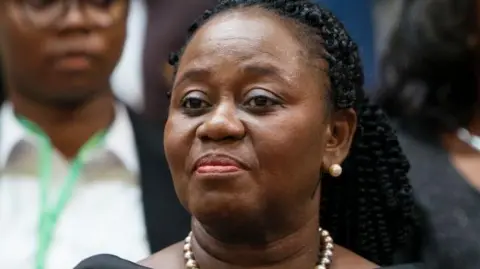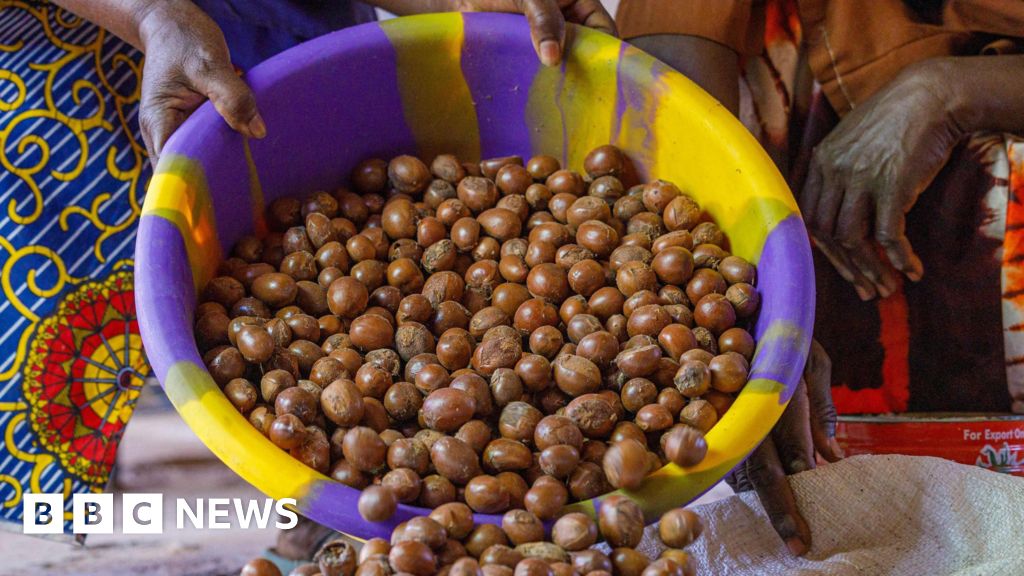A BBC Eye investigation has uncovered that Aveo Pharmaceuticals, an Indian company based in Mumbai, is illegally manufacturing and exporting highly addictive opioids to West Africa, where they contribute to a burgeoning public health crisis affecting countries such as Ghana, Nigeria, and Cote D'Ivoire. Documented evidence shows that Aveo is producing a combination of tapentadol, a powerful opioid, and carisoprodol, a banned muscle relaxant in Europe, repackaging them to resemble legitimate medications. This mix is not licensed for any use globally and poses severe health risks, including respiratory failure and seizure episodes.
In Ghana, Nigeria, and Ivoirian cities, street vendors openly sell these pills, often under the brand name Tafrodol. An undercover investigation revealed a director of Aveo, Vinod Sharma, admitting that the pills could easily get users high and acknowledging their harmful effects while rationalizing their production as mere business. This alarming business model is resulting in addiction spreading rapidly among the youth, prompting community leaders like Alhassan Maham of Tamale, Ghana, to lead raiding task forces against drug dealers.
The ongoing opioid crisis has led to a distressing scene in Tamale, where task forces are actively pursuing drug dealers. During one raid, officers obtained illegal pills bearing Aveo’s logo, highlighting that such substances are causing severe addiction issues in locals. In Nigeria, a nation with an alarming addiction rate—estimated at four million opioid abusers—the situation is similarly dire, forcing authorities to take drastic measures against opioid prescriptions.
In response to previous crackdown efforts on nocturnally abused medications like tramadol, Aveo pivoted its production to tapentadol-based pills, crafted to evade regulatory scrutiny. The newly introduced pills present even greater dangers due to their potent mix of drugs, with health professionals warning of potential life-threatening overdoses. Dr. Lekhansh Shukla stated the combination lacks any clinical backing, further heightening risks for users.
Despite claims from the Indian government regarding regulation and oversight, reports reveal that multiple companies, not just Aveo, are involved in manufacturing and exporting similar unlicensed opioid products, thereby tarnishing India's image in the pharmaceuticals sector, which is vital for global healthcare.
As the illicit drug trade flourishes, local task forces continue their operations, burning seized drugs to send a message to dealers and suppliers. However, the supply chain persists with companies in India profiting from the stark realities of addiction faced by West African communities.






















